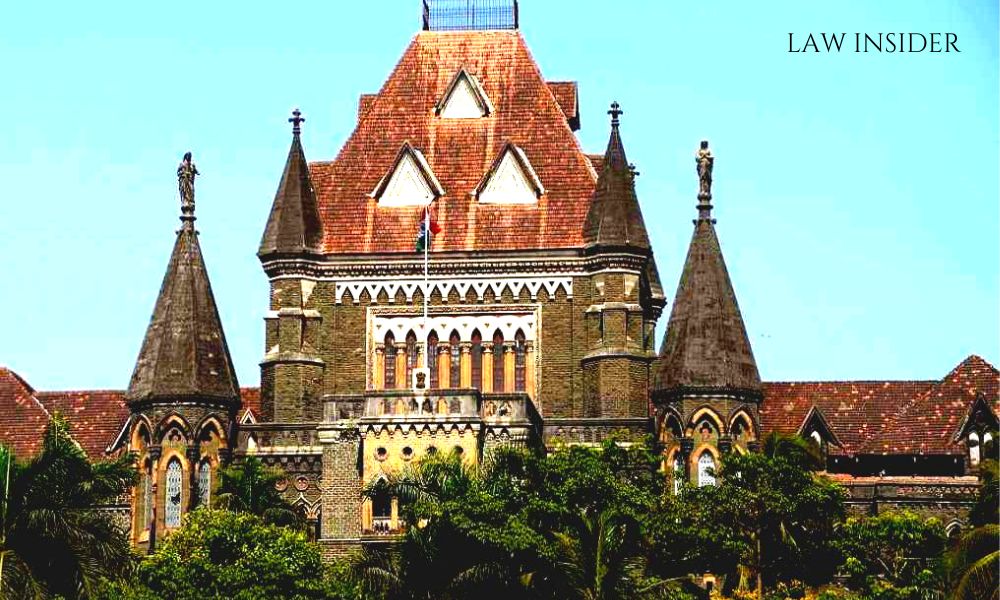LI Network
Published on: October 29, 2023 at 16:20 IST
The Bombay High Court has taken a decisive step in the case where tenants’ premises were demolished while they were allegedly illegally detained at the local police station and coerced into surrendering their tenancy.
The court has directed the Maharashtra Crime Investigation Department (CID) to conduct an investigation against five police officers under Section 156(3) of the Criminal Procedure Code (CrPC).
Justice RM Joshi, presiding at the Aurangabad bench, held that the actions of the police officers were not in discharge of their duties, and as a result, no sanction under Section 197 of the CrPC was required to prosecute them.
The court’s decision came in response to a petition that challenged a Magistrate’s order to initiate an inquiry under Section 202 of the CrPC, instead of ordering a full-fledged investigation under Section 156(3).
This move by the Magistrate was met with criticism as the court found that there were prima facie indications of cognizable offenses committed by the petitioners.
The High Court dismissed multiple petitions challenging an order by a Sessions judge that directed a CID investigation and the registration of a First Information Report (FIR) under Section 156(3) of the CrPC.
Background
The case revolves around a 2021 incident where a landlord sold his flats to a third party. Subsequently, the tenants filed a civil suit seeking an injunction against the landlord and the purchasers. Tragically, the landlord took his own life in March 2022, leaving behind accusations against the tenants. Twenty-five days later, the police called the tenants to the police station for investigation and allegedly detained them while their homes were demolished using JCBs.
During their detention, the tenants were reportedly coerced into signing letters surrendering their tenancy to the landlord’s wife. Unsatisfied with the initial response from the Magistrate, who ordered a police inquiry under Section 202 of the CrPC, the tenants sought justice through the Sessions court.
The Sessions court not only allowed the application but also directed an FIR against the accused and initiated a CID inquiry.
Arguments
Before the High Court, three parties presented their arguments. The purchasers of the property and the landlord’s brother contended that no offense had been committed and that the tenants had surrendered their tenancy voluntarily.
The police officers, on the other hand, claimed that they couldn’t be investigated without prior sanction from the department under Section 197 of the CrPC. Additionally, they argued that once the Magistrate had taken cognizance of the complaint and issued directions under Section 202 of the CrPC, an FIR couldn’t be ordered retrospectively under Section 156(3) of the CrPC. Finally, they contested the Sessions court’s authority to direct a CID investigation without a formal request for the same.
The Court’s Decision
The High Court emphasized that the Magistrate had not truly taken cognizance of the matter initially, as it was merely a procedural verification. The court pointed out that taking cognizance requires a genuine application of mind, which was lacking in the first order issued by the Magistrate before the petitioners approached the Sessions Court.
The court also clarified that the amendment to Section 156(3) of the CrPC barred Magistrates from issuing processes against Public Servants without sanction under Section 197 of the CrPC, but it did not prevent them from recording their satisfaction that the acts were not conducted as part of the duty before ordering an FIR against them.
The High Court rejected the argument that Magistrates lacked the power to determine if acts alleged to have been committed were in discharge of duties, asserting that this decision should not be left to the discretion of the sanctioning authority.
In conclusion, the High Court, while ruling that the Revision court couldn’t have directed the CID to investigate, exercised its powers under Section 482 of the CrPC to order the investigation by the CID and an officer not below the rank of Deputy Superintendent of Police.
The court stressed that it would be a “travesty of justice” if the investigation were entrusted to the local police station or even to the Superintendent of Police.

